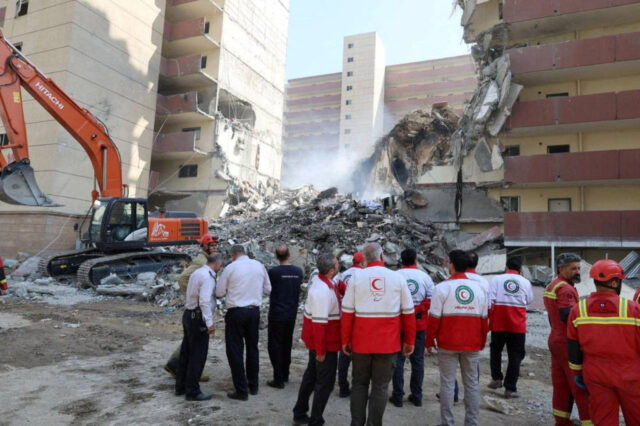Geoff Bennett:
And for a wider perspective, we turn now to Wendy Sherman, who was the lead negotiator for the nuclear agreement with Iran during the Obama administration. She served as U.S. deputy secretary of state during the Biden administration and is currently a senior fellow at Harvard’s Kennedy School of Government.
And Vali Nasr is a professor of international affairs and Middle East studies at the Johns Hopkins University School of Advanced International Studies. And he’s also the author of “Iran’s Grand Strategy: A Political History.”
Our thanks to you both for joining us.
Wendy Sherman, we will start with you.
The U.S. says it was not involved in Israel’s strikes against Iran’s nuclear sites. But is this attack, in your view, is it aligned with U.S. interests? Or does it introduce new and unpredictable risks for U.S. forces and regional stability?
Wendy Sherman, Former U.S. Undersecretary of State: I think it certainly introduces a lot of risk for all of the military personnel, some 40,000, in the region, and the hundreds of thousands of Americans in Israel, as well as in the wider region.
There is no question that all of us don’t want Iran to have a nuclear weapon. That was the whole reason that President Obama asked Secretary Clinton, Secretary Kerry, and myself to work hard to get a joint comprehensive plan of action with Iran to put constraints on its nuclear program.
Donald Trump, in his first term as president, as you know, in 2018, pulled out of that deal. I don’t think we’d be where we are today if that hadn’t happened. And I think now we risk the potential for a much wider war. We have seen now a strike by Israel, retaliation by Iran. We have just heard from the ambassador, Ambassador Leiter, that this will go on for some time. I expect tit for tat.
And we don’t know who will get hurt in the process. I’m certainly hoping that all who are injured in Israel make it through.















































